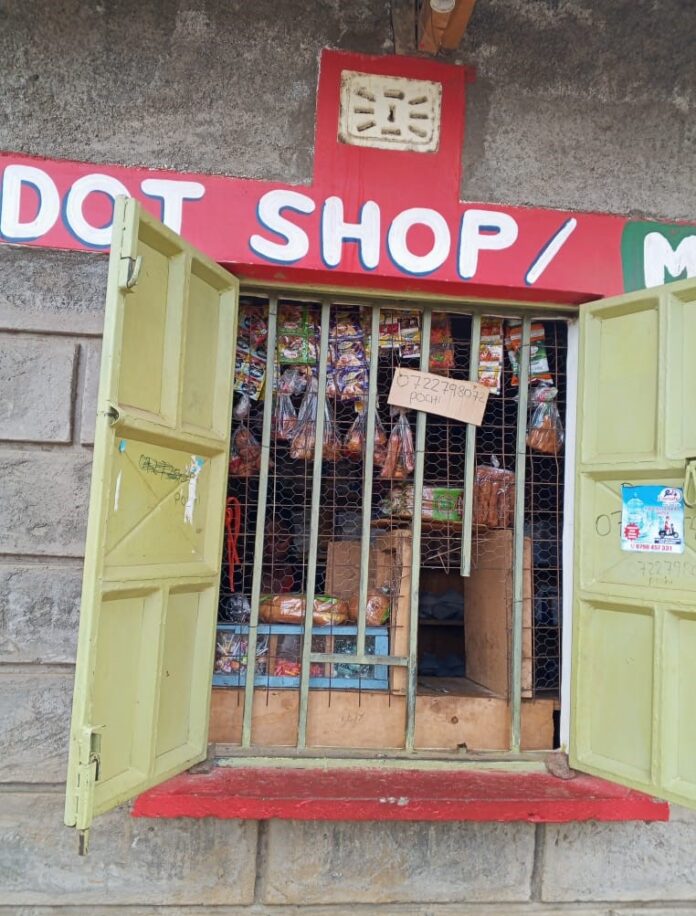By Dennis Gathi, DevReporter, Nakuru County

“We are yet to take breakfast even now. We are trying to raise money to have lunch at least. For supper, it remains a wait-and-see affair.”
Beverly Akinyi’s voice trembles as she speaks. Her family, like many others in Nakuru County, faces a harsh reality—uncertainty about their next meal.
In Nakuru’s Bondeni area, Saitoti Lemuruka shares a similar experience.
“Sometimes I go without food. The odd jobs we relied on to survive aren’t always available anymore,” he says.
The Hunger Crisis in Numbers
Kenya leads East Africa with 13.6 million people skipping meals daily, according to a recent report by the Alliance for a Green Revolution in Africa (AGRA).
32% of Kenyans live below the food poverty line.
- Rural areas bear the brunt, with 8% of families affected.
For a country with vast agricultural potential, these numbers paint a grim picture.
“It’s a shame,” says Kombe, a Nakuru resident. “We’re on top of such lists, yet countries like South Sudan, which gained independence just the other day, are doing better.”
Why is Nakuru County Facing Food Insecurity?
Several factors contribute to the food crisis:
- Population Growth: The population has tripled in 35 years, increasing demand for food.
- Land Fragmentation: Urbanization continues to reduce agricultural land.
- Climate Change: Unpredictable weather patterns affect crop yields.
- Poor Storage Facilities: Post-harvest losses remain high.
Lemuruka points out another challenge;
“Even when there is plenty of harvest, the government buys food at very low prices. This has to change so that people don’t suffer.”
The Impact on Families and Children
Food insecurity is not just about empty plates. It has long-term consequences, especially for children.
“If kids lack proper nutrition, they don’t grow physically or mentally,” Kombe explains. “That’s why many of our kids struggle in school,” he adds
The lack of affordable food also affects the health and productivity of families. Many residents are forced to skip meals. They rely on handouts and finding odd jobs just to survive.
Efforts to Tackle Food Insecurity in Nakuru County
There is hope. The Nakuru County Government, aligned with Kenya’s Vision 2030 and SDG 2 (Zero Hunger), is implementing new strategies to fight hunger. These include:
- Lishe na Mama School Meal Programs: In partnership with Feeding Futures Charity, the county targets malnourished children and boosts local farmers by sourcing food locally.
- Vertical Gardening: Health facilities are promoting urban gardens to improve nutrition and self-sufficiency.
- Draft Nutrition Policy: Residents can review and provide input to Nakuru’s Nutrition Policy to shape a hunger-free future.
These programmes aim to address immediate hunger needs while building long-term resilience.
Solutions Proposed by Experts and the Community
Experts and Nakuru residents suggest several interventions to tackle the crisis:
- Population Management: Strengthening family planning programs.
- Urban Planning: Protecting agricultural land from unchecked urban expansion.
- Storage Solutions: Improving food storage to reduce post-harvest losses.
- Price Controls: Ensuring food remains affordable through price regulations.
- Climate Resilience: Supporting farmers with climate-smart techniques.
The Voices of Nakuru
Despite these efforts, families like Beverly Akinyi’s, continue to wait for change.“We blame the government. They promised a bottom-up model, but life is harder now. We just want food prices to return to what they used to be.”
For millions in Nakuru and across Kenya, the question remains: What will we eat tomorrow?
Behind every statistic is a family struggling to put food on the table. As Kenya works toward ending hunger by 2030, the voices of Nakuru’s residents are a stark reminder that urgent action is needed.
What You Can Do
- Learn more about Nakuru’s Draft Nutrition Policy and provide feedback through this email: nutrition.policy@nakuru.go.ke
- Support local food security initiatives and charities working on the ground such as Feeding Futures Charity
Together, hunger-free future for Nakuru is possible.
Share Your Thoughts:
Have you experienced food insecurity? Share your story in the comments section below.






